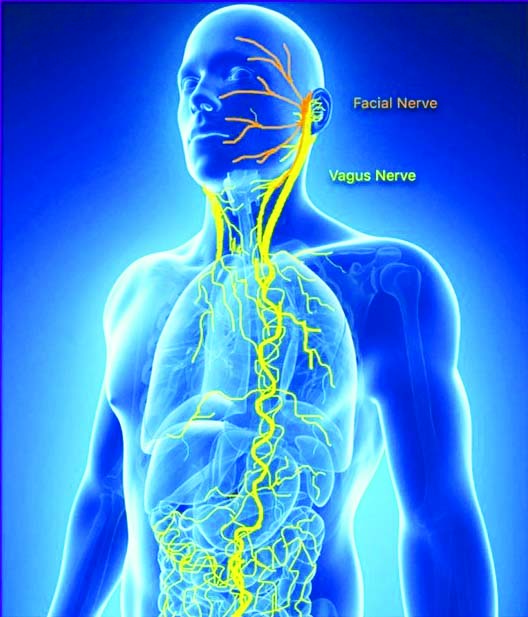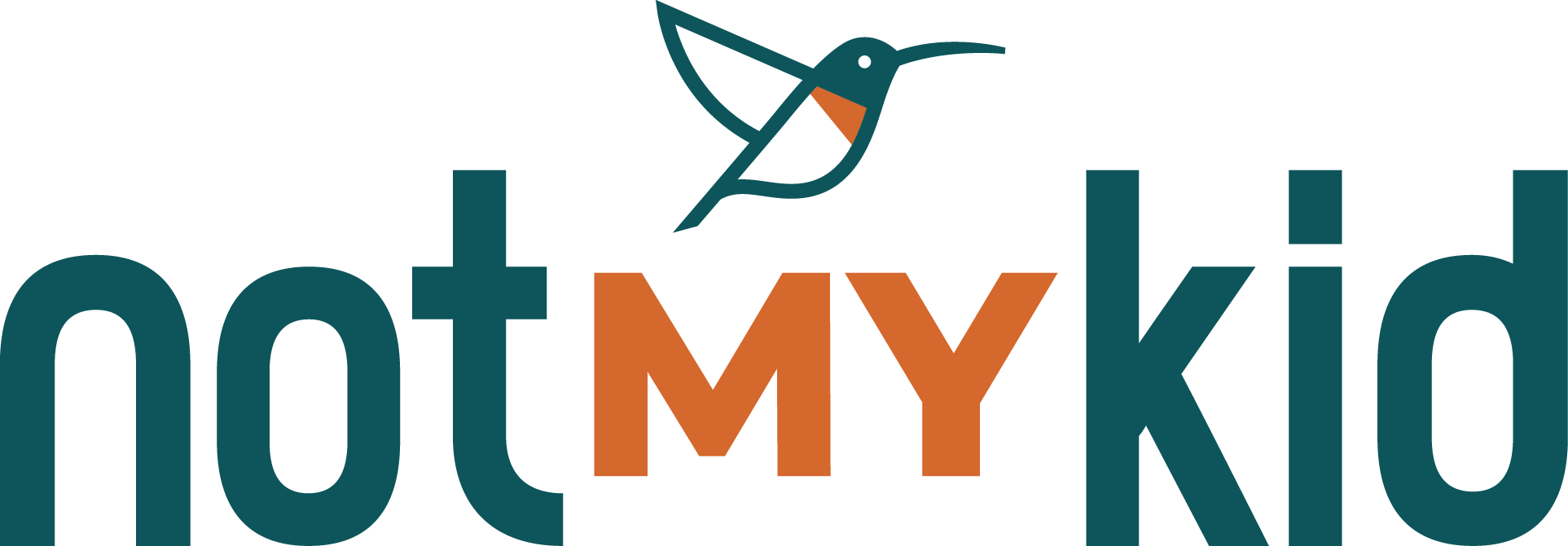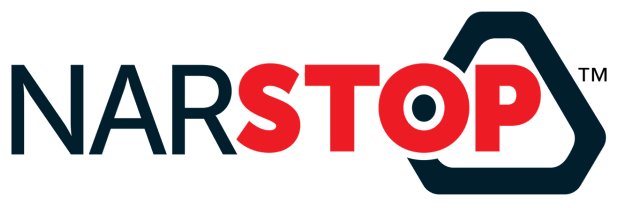by Angie Geren
Our country is experiencing a climate where addiction is at pandemic proportions.
It is said that 1 in 3 families are directly touched by addiction. The Office of National Drug Control Policy estimates the number of fatal drug overdoses are closer to 140 people daily. According to the National Institute on Drug Abuse, “there were just over 2.8 million new users of illicit drugs in 2013, or about 7,800 new users per day. Over half (54.1 percent) were under 18 years of age.”
To say our society is in an addiction crisis is an understatement.
I often get asked who I believe is to blame for the rise in these figures — the doctors, parents, government, etc. My answer of “society in general is to blame” usually surprises them! Addiction doesn’t happen in a bubble, it takes many interwoven factors to create the current state of our nation. Our children are facing stressors like we’ve never seen before; more school pressure, less sleep, less community, broken families, and a culture that believes that there is a pill to fix anything that ails us. It is a “perfect storm” to, in essence, breed addiction in all forms.
How do WE Change this?
It seems like a huge undertaking, how do we change something that is so pervasive, reaches so many people, and the backbone is a society in which effectively acts as the precursor to one of the largest health crisis ever? The answer — Advocacy, which is: the act or process of supporting a cause or proposal: the act or process of advocating something.
I’m sure everyone in recovery can remember the person or persons who were their biggest advocates during their journey. They played an integral part in supporting us, cheering us on, and were our motivation when recovery seemed so far out of our reach. They stood as our lighthouse, guiding us and being the ever present constant that we knew would help us find our way.
What society needs now is for all of us in recovery to be that advocate for those who may be first experimenting with drugs and alcohol, who may be getting their first prescription of opiates for a dental procedure, for those who are falling in love with the best friend they never dreamed was possible.
Advocacy is not just about lobbying for new laws, holding events, or speaking to a room full of people. Advocacy is as simple as standing up and being seen, highlighting that not only is recovery possible, but also we are normal, everyday people. As the crisis has grown there are many national groups who have risen up to help support these efforts; Facing Addiction, Shatterproof, Addiction Policy Forum, Faces and Voices of Recovery, Young People in Recovery, and many state specific groups. These organizations are all different, their own niche, however, they are all invested for the same reason: to educate society, to show what recovery really looks like, and to instill hope — we can change the conversation from addiction to recovery.
Remember when you first entered recovery, what changed? What was the conversation you heard over and over again? I bet it entailed possibilities, highlighting what recovery could do for you, magnifying hope and a new way to live. If we are ever to change the climate we are in, it will involve speaking a new language and changing our focus from addiction to recovery in society’s eyes.
WE are the change, WE are the only ones who can truly shift the paradigm. WE are the ones who give hope to the 16 year old who realized that what started out as partying has morphed into a beast that refuses to be caged. It is time for all of us to come together, one voice, to stand up and advocate for those who have no idea that recovery will bring them more joy and peace than the substances they are using.
If we continue to only speak about recovery in the rooms or with close friends and don’t come out of the shadows, we are then complicit to this pandemic growing and feeding into the perpetuating myths that addiction only happens to “other people.” It is OUR time, we need to be the voice for those with none, we need to be the lighthouse for those searching, we need to be the driving force to change the conversation, we need to stand up and say, “I’m in recovery and I refuse to stay silent anymore.”
Angie Geren, Executive Director of Addiction Haven, empowers individuals and connects communities by giving a voice to the voiceless and providing hope to the hopeless. Angie knows first hand the heartache, shame, guilt, and judgment that addiction brings with it and this fuels her passion to bring love back into the equation. Angie’s own struggle with addiction, her daughter’s self harm, and brother’s death from overdose has inspired her to lead online family support groups, lobby for better laws, advocate for parents. She is committed to changing the conversation surrounding prevention, treatment, and creating recovery ready communities. Visit http://angiegeren.com/
































